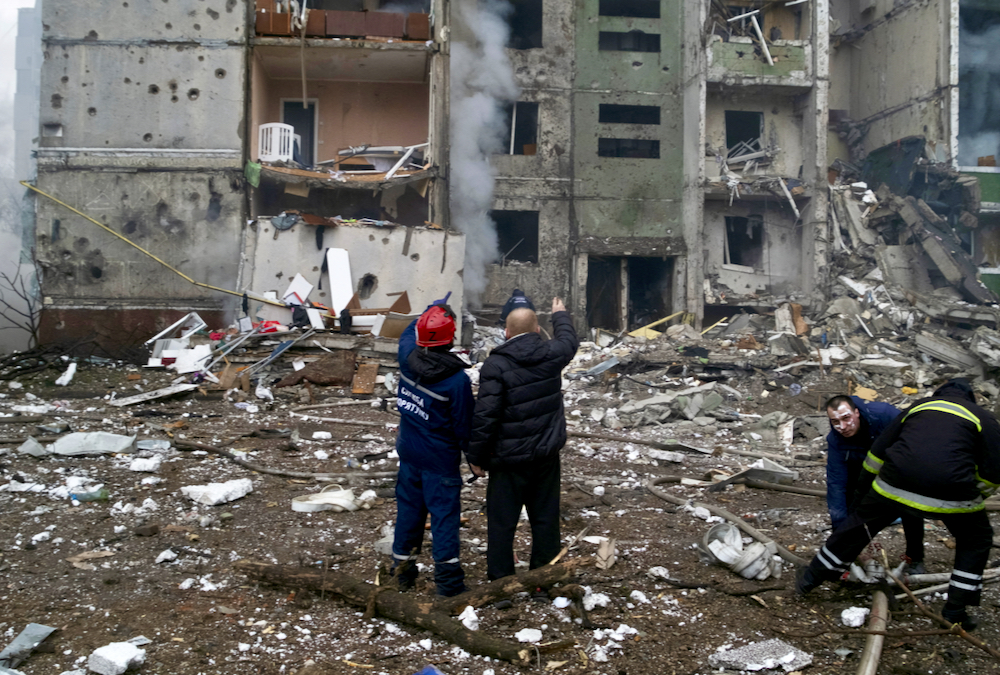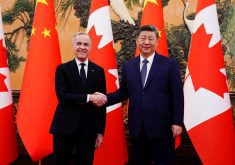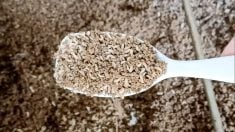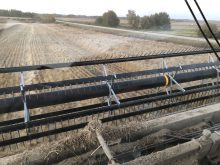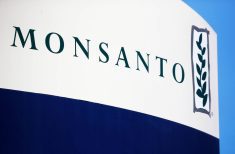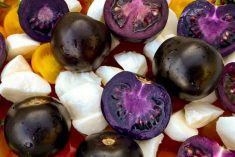As I write this editorial Kyiv, capital of Ukraine, is under attack by Russian troops, as Russian leader Vladimir Putin attempts to assert a new world order… one that happens to look a lot like the old world order.
The former KGB agent-turned politician and head of the crony-capitalism oligarchy that replaced the Soviet Union seems to yearn for a return to the days of the Cold War, and he’s willing to wage an actual war to get there.
On many farms in Western Canada, where the descendants of Ukrainian immigrants continue to work the land, there’s no doubt a lot of worry. They’re concerned for the fate of the ‘old country’ and any family that may still live there.
Read Also
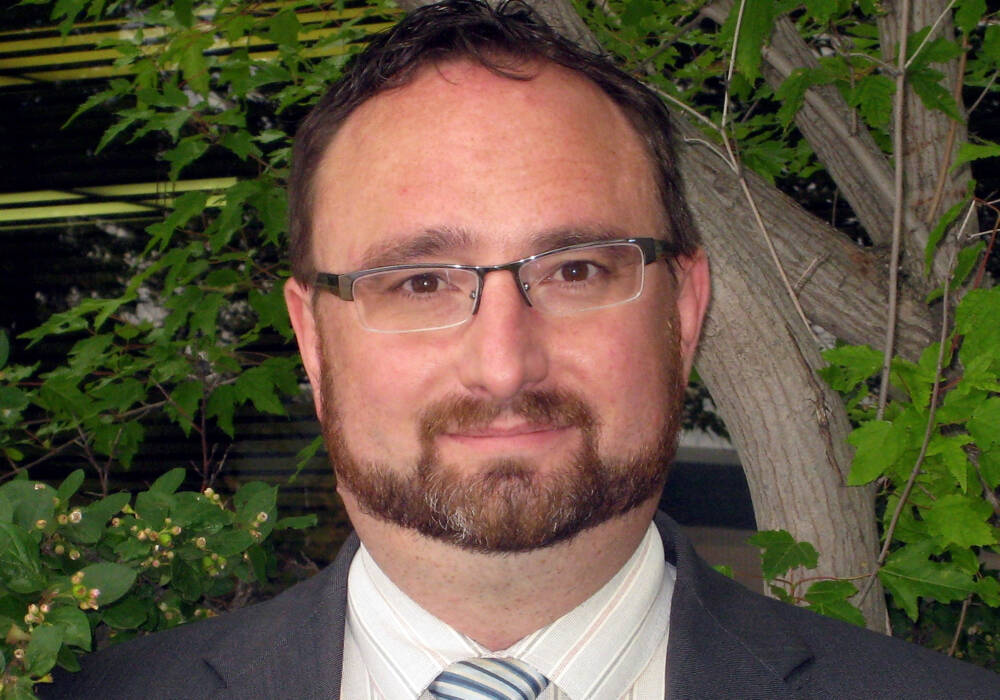
Agriculture, including the pork sector, has monsters to slay in 2026
Tariffs, trade protectionism and disruption; Uncertainty is weighing against what should be positive signals for Manitoba’s pork sector.
Canada is squaring up to this act of global aggression alongside its allies, that are promising crippling economic sanctions against Russia. A recent Reuters news service report detailed U.S. sanctions that are described as “severe” and among the deepest ever imposed.
They’re cutting Russian banks off U.S. dollars, are crippling Russia’s technology trade, and of course are targeting commodities, of which Russia produces a prodigious amount. In some ways that could be of benefit to, if not exactly ‘good news’ for, Canadian farmers. Grain markets are already responding, where forward contracts have hit multi-year highs.
The global grain trade is already being disrupted, with exports from Ukraine all but halted as the major grain companies cease operations.
It is, however, likely that the other hand of the market may take those gains away in the form of higher input and energy prices. Already motorists are being told to brace for higher fuel costs, and Tom Vilsack, U.S. agriculture secretary, has publicly fretted about the possibility of higher fertilizer prices — some likely due to corporate profiteering.
It’s clear the economic fallout from this geopolitical bombshell is far from settled, and it’s anyone’s guess where it will wind up.
Already there are signs, analysts say, that Russian trade is changing its focus to China, a move that could upset Canada’s prospects there.
It would also make for a difficult international environment, with two bellicose powers forming another axis of influence, seemingly with contempt for established convention and institutions.
For a nation like Canada, the path seems clear, if difficult. We need to stay with our allies in the U.S., EU and Asia, and add our own economic weight to the sanctions.
That adherence to our principles won’t be free. It never is. And some of that cost is likely to be borne by all of us, including the country’s farmers.
But it’s also likely that at least some of that pain was already coming. China has been a major market for Canadian growers, but it has also signalled very strongly it doesn’t like its overreliance on imported agriculture goods. One recent wire story suggested it was targeting decreasing its imports of soybeans by as much as 30 per cent.
That’s understandable, but it was going to leave an economic mark here in Canada when it happened.
The current upset of the established order may speed the process up, and provide a handy scapegoat; there may be impetus to soft-pedal our response to Russia’s unprovoked attack.
But if the world is, once again, picking sides, we’re going to want to pay close attention to which side we choose.
On the one side we have the flawed democracies of the U.S., Europe and Asia, and all their known — but so far manageable — shortcomings.
On the other we have autocratic kleptocracies run by bullies. It seems a very clear-cut choice to make.
And while nobody wants to see an actual military conflict between nuclear powers, we need to be able to steadfastly bear the costs of these decisions as a country.
Both Russia and China have turned undermining democracy from afar into a fine art, so we can expect a lot of social media noise that attempts to shake that resolve.
Worth bearing in mind is the reality that you’re as likely to be engaging someone in a Russian bunker as a fellow Canadian citizen when you debate these topics online.
The path ahead is unclear, but not taking that path isn’t an option. Nor is ignoring the situation, or hoping that nice Mr. Putin will be satisfied, if we only make enough concessions.
If his goal is to rebuild a greater Russia, or at least a Russian sphere of influence, the obvious question is, where does it stop? That puts the future of other post-Soviet nations like Estonia and Latvia in question. And could also cast a shadow on the former Eastern Bloc nations like Poland, Bulgaria, Hungary and Romania.
Taking a temporary economic hit to hold that at bay seems a small price to pay.
As Neville Chamberlain proved at Munich in 1938, the path to “peace for our time” won’t be appeasement.


